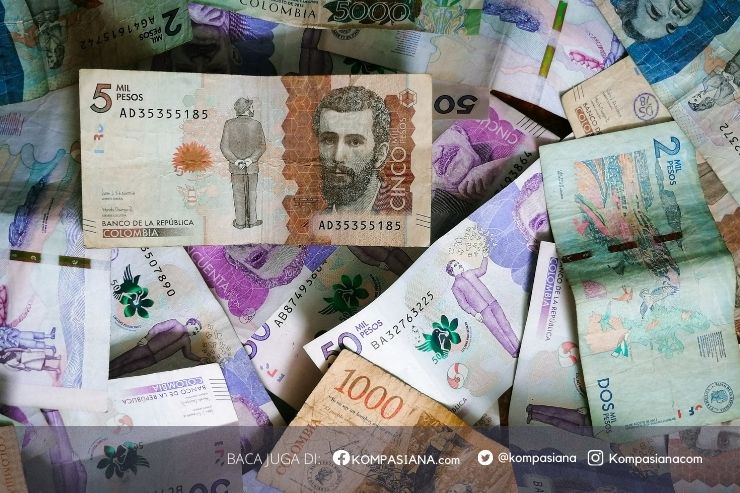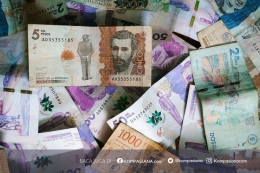In conventional economics, a positive approach is much stressed because it studies the phenomenon of the existing economic and postpones the measurement value in any economic decisions (Maulidizen 2017). Meanwhile, Islamic economics uses two kinds of methodology, normative and positive methodologies. Normative methodology refers to what should be done in economic activities according to Islamic rules. Both economics systems use a positive methodology, but Islamic economics also use the positive method that aims to find a way to change economics practice in the Islamic way.
Further, there is one difference that most distinguishes conventional and Islamic economics, it is the imposition of interest in a bank. In conventional bank, interest charged in almost all banking transactions, while in Islamic economics interest is prohibited. Interest in Islamic economics is called Al-riba. Al-riba technically refers to the "premium" that must be paid by the borrower to the lender along with the principal amount as a condition of the loan or for an extension in the duration of loan (Askari, Zamir, Abbas 2015). The imposition interest at the conventional bank is reasonable, because their orientation is maximum profit, in contrast to Islamic (sharia) bank the law of imposition interest is haram (anything that is prohibited by the faith).
From the explanations above, we can take the conclusions that between conventional and Islamic economics used several differences which can affect every economic activity. Any economic system used is dependent according to the view of the life of the state. This essay does not intend any negative aspect, it is only intended to explain in brief the current economic systems used in the world. At least, this essay can be a repertoire of knowledge that opens the insight of our knowledge about conventional and Islamic economics.
References:
Askari, Hossein., Zamir Iqbal, dan Abbas Mirakhor. 2015. Introduction to Islamic Economics: Theory and Application. Singapore: John Wiley& Sons.
Gottlieb, Manuel. 1984. A Theory of Economic Systems 1st Edition. USA: Academic Press.
Lidyana, Novita. 2016. "Perbandingan Ekonomi Konvensional dan Ekonomi Islam." Iqtisodiyah: Jurnal Ekonomi dan Bisnis Islam 1 (1): 67-80.
Machmud, Amir. 2017. Ekonomi Islam untuk Dunia yang lebih Baik. Jakarta: Salemba Empat.
Maulidizen, Ahmad. 2017. "Methodology of Islamic economics: an analysis comparison." Islamiconomic: Jurnal Ekonomi Islam 8 (1): 1-18.
Pusat Pengkajian dan Pengembangan Ekonomi Islam (P3EI) Universitas Islam Indonesia. 2015. Yogyakarta: Rajawali Press.
Sukirno, S. 2002. Pengantar Teori MikroEkonomi. Jakarta: Lembaga Penerbit Fakultas Ekonomi Universitas Indonesia.







